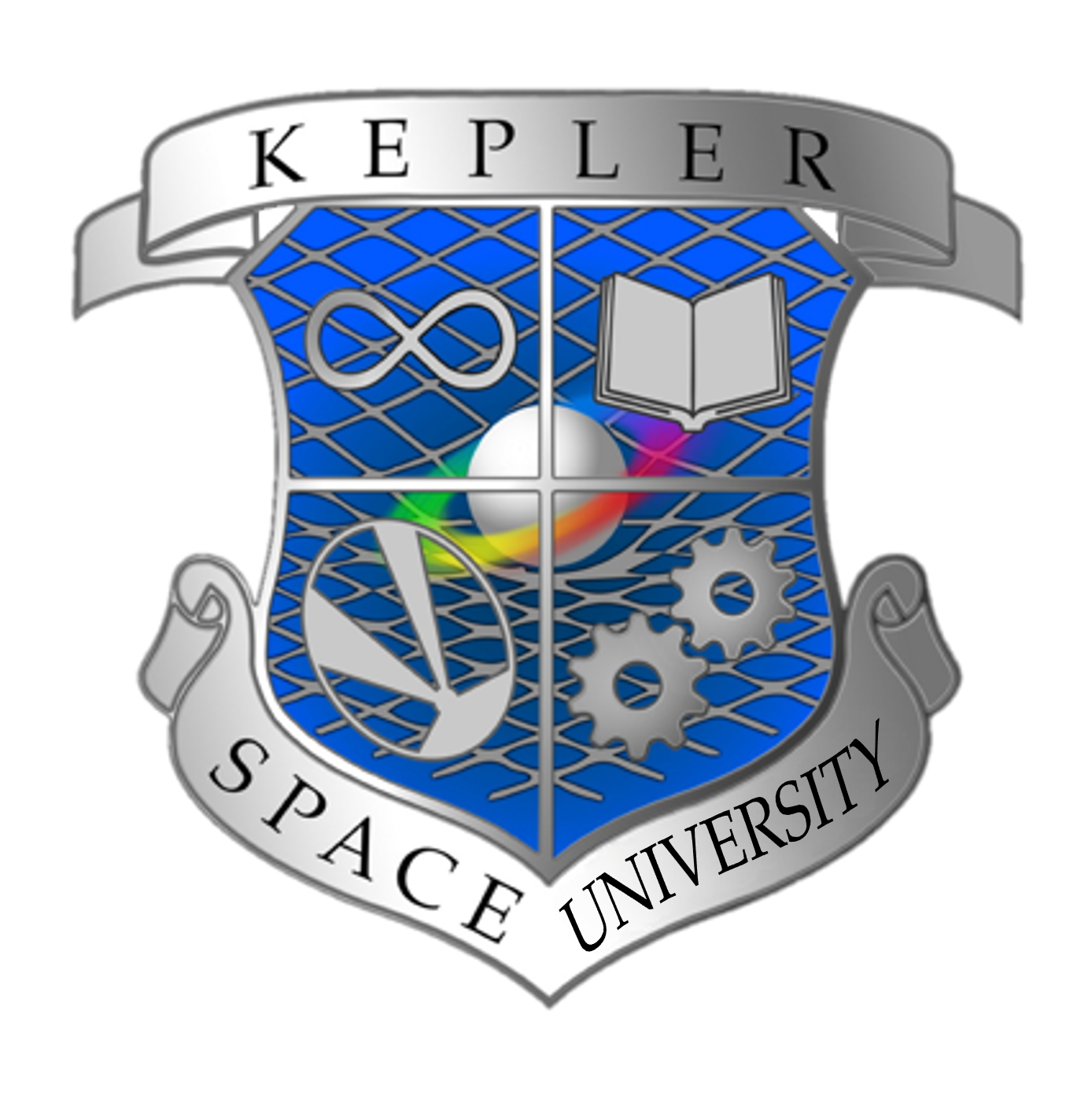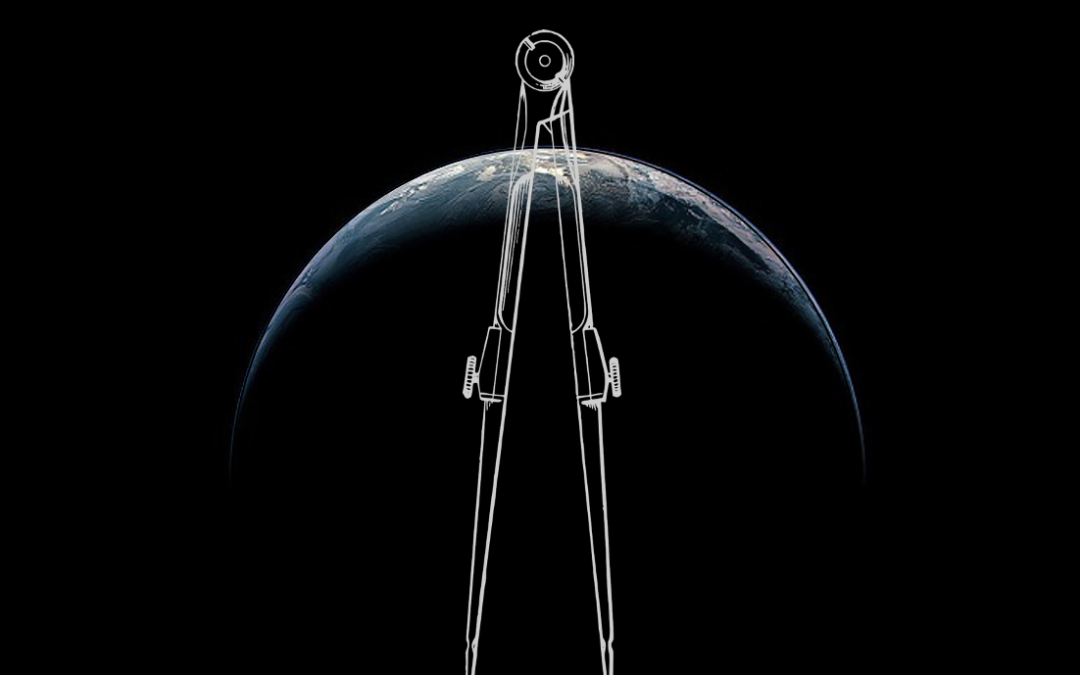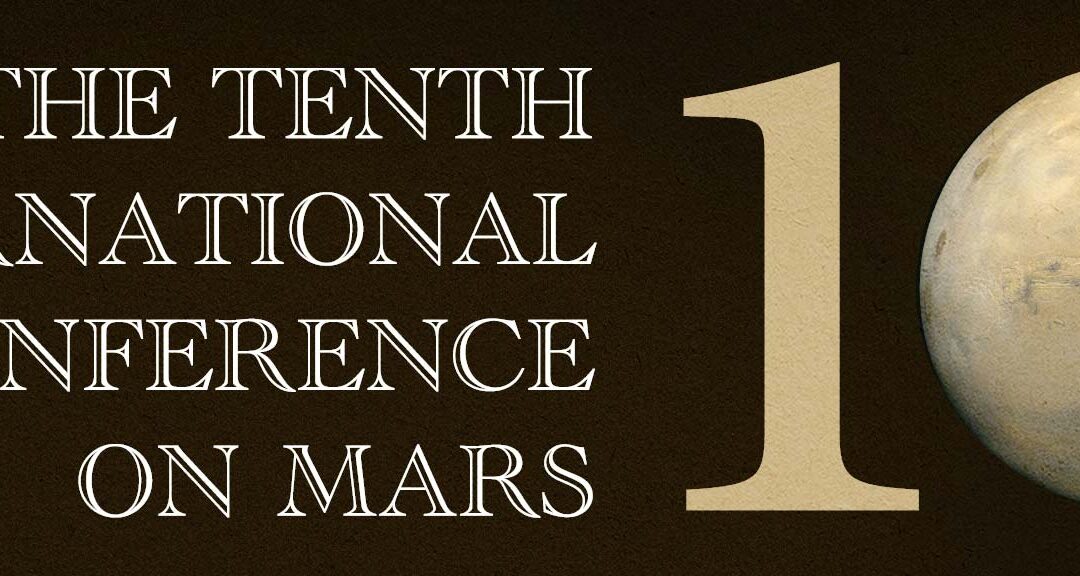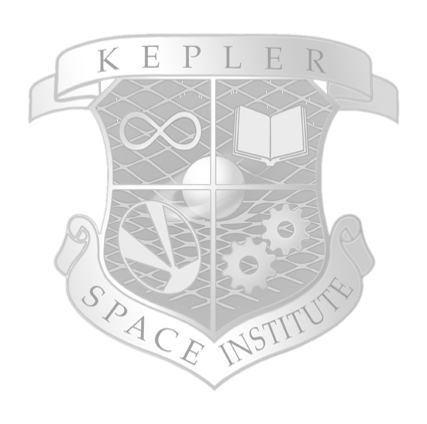Graduate Certificate – Space Technology & Engineering
Home > Graduate Admissions > Space Programs > Graduate Certificates > Space Technology & Engineering

Space Technology & Engineering
3639 Cortez Rd. W, Suite 218, Bradenton, FL, 34210
941-417-0817
[email protected]
Degree:
Graduate Certificate
Delivery:
Online
Application Fee:
$150.00
Terms of Enrollment
Fall Term (September)
Spring Term (January)
Summer Term (May)
Application Requirements
- A Bachelor’s Degree from a college or university accredited by the appropriate regional association with a minimum grade point average of 2.5 on a 4.0 scale or equivalent work experience in professional academic and/or government or private industry positions and achievements. Each applicant’s specific experience will be evaluated by the KSI Admissions Committee.
- Official transcripts from all previous universities or colleges attended or proof of work equivalent
- Three completed recommendation letters, Completion of application, and Application fee
Standardized Tests
- A Graduate Record Examination (GRE) revised General Test score or a Miller’s Analogy Test(MAT) score at or above the 50th percentile. The GRE or MAT requirement will be waived if an applicant has completed a Master’s degree or twelve or more credits of post- baccalaureate upper division or graduate coursework with a minimum grade point average of 3.0 on a 4.0 scale.
Special Instructions
Additionally, all international applicants whose native language is not English are required to take the Test of English as a Foreign Language (TOEFL) and submit a combined score of 550 or better (new scoring of 213 or better) or the Internet based test scoring of 80 or better. International transcripts are required to be translated if the grading and evaluation system used differs from those used by the United States education system. Official translation and a course- by-course evaluation from all prior institutions and grade-point average computation must be provided to the Office of Admissions. Please use one of the following services for evaluation.
World Educational Services 22 Prince St.
PMB 101
New York, NY 10012
Josef Silny & Associates
7101 SW 102 Ave.
Miami, FL 33173
KSI reserves the right to deny admissions to any prospective student for any reason/cause as determined by KSI. In the event of a denial of a request for admission a student may appeal to the admissions committee.
Tuition & Fees
Application Fee (one-time, nonrefundable) $150 Library Fee (each semester) $150
All Graduate Certificate Programs ($2,000/course) $8,000
All Master of Science Programs ($2,000/course) $24,000
Graduate Co-Op Program ($600 per semester for $1,800 maximum 3 terms for M.S. and maximum 1 term for
Graduate Certificates, non-refundable)
Graduation Fee Digital Graduate Certificate/Degree $100 only (one-time, non-refundable)
Graduation Fee Digital and Hardbound Graduate $250 Certificate/Degree (one-time, non-refundable)
The University reserves the right to adjust the above expenses at the beginning of each term.
Financial Support
Applicants to Kepler have access to a variety of funding options, including merit-based (i.e. based on your academic performance) and need-based (i.e. based on your financial situation) opportunities. View financial support opportunities.
Space Technology & Engineering
Students enrolled in this Graduate Certificate program will establish a foundation in space systems, integrated design methodologies, and interdisciplinary engineering sciences. This program guides students through identifying trends, requirements, develop strategies, and implement innovative solutions driven by technological advancements to enable future space settlements. Students will learn to think critically and gain valuable experiences in applying research and problem-solving skills to evaluate, analyze, and improve processes.
To successfully complete the program and earn the Graduate Certificate, students must fulfill all credit hour requirements, maintain a minimum GPA (as specified by the program) and meet any additional criteria set by the university or department.
Program Requirements
Choose any three of the courses listed below and one three-credit elective from any graduate program.
STE 500: Properties of Settlement Environments (3 credits)
This course focuses on the physics and chemistry of potential space settlement locations. Topics shall include origin and fate of the universe, solar system formation and evolution, the space radiation environment, absorption and emission by the sun and stars, plasma physics applied to the interplanetary medium and planetary magnetospheres, stellar structures and winds, interstellar medium, dynamics of stars, galactic nuclei and quasars, gas and dark matter, black holes and physical cosmology.
STE 501: Space Systems and Design Requirements (3 credits)
This course examines the physiological, environmental design, and organizational criteria requirements for space settlements. Students will explore architectural design including, but not limited to, the following considerations: population size, agriculture, lighting industry, transportation terminals for arrivals and departures access, differentiated gravity areas, weather conditions, radiation shielding, energy generation, life support systems, waste processing, research and development facilities, textiles, and recreational areas.
STE 502: Settlement Construction and Configurations (3 credits)
This course examines how space settlements can be constructed and considers various arrangements of space habitats. Students shall evaluate and analyze design methodologies, process of in-situ resource utilization for extracting, harvesting, and processing materials for components of space infrastructure, including propellants, tankage, thermal management, radiation shielding, and additive manufacturing facilities in space. Students will explore the fundamental configurations of spheres, cylinders, tori, dumbbells, rings, and shapes that enable optimal build and assembly to withstand the space environment.




